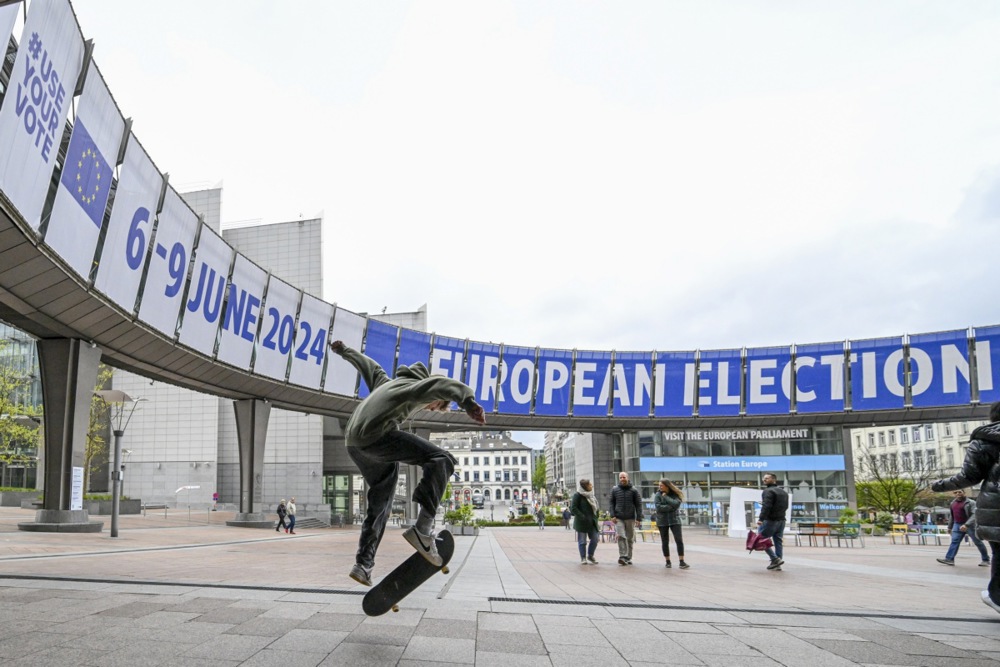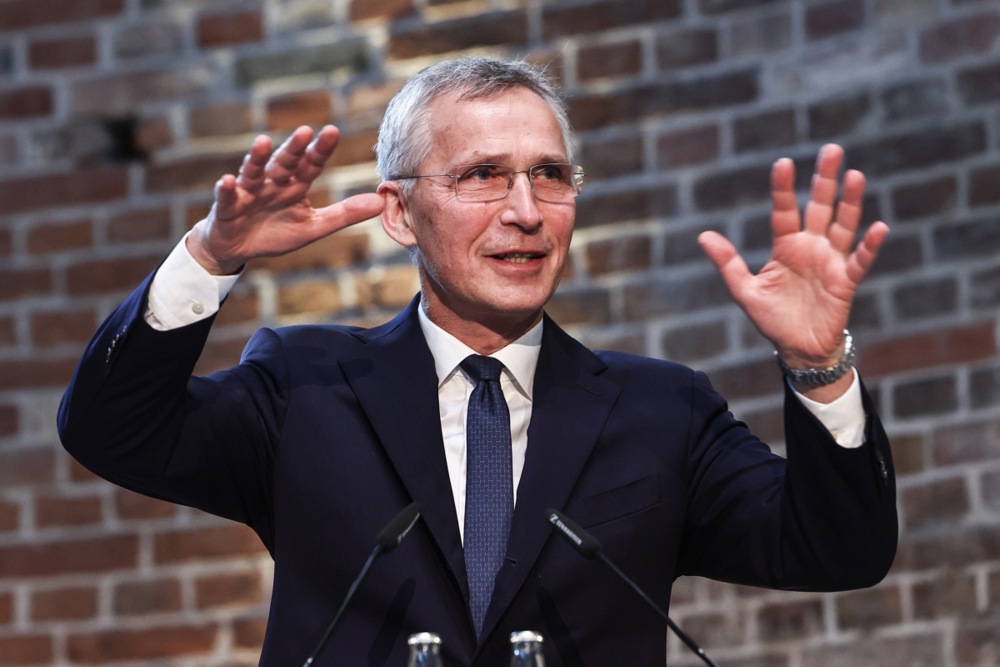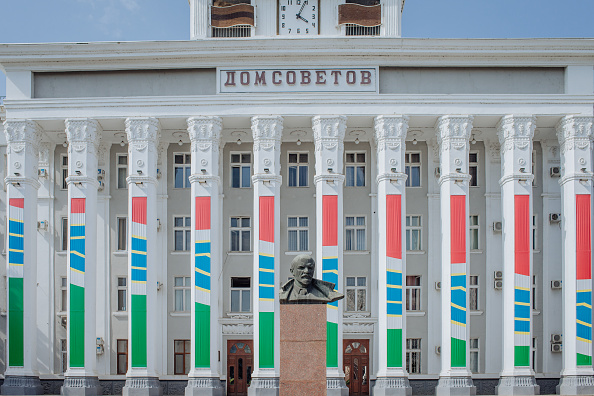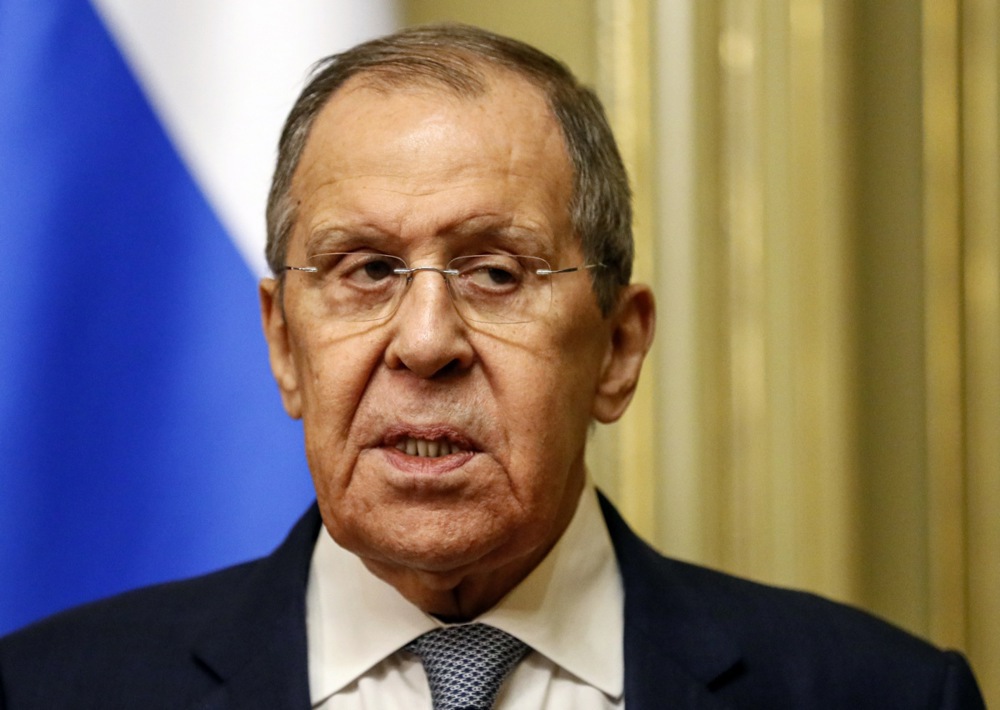Pressure from the European Union and G7 members on Belgium to hand over billions of euros collected in taxes on profits from immobilised Russian assets has had an effect.
The Belgian Government had initially refused to comply with Brussels’ and Washington’s demands, but in an apparent about-turn, on May 8, a plan to use the interest on Russian assets tied up in Europe to buy arms from Ukraine is to be fast-tracked for approval. The Belgian Government holds the rotating presidency of the European Union in the first half of this year, after which Hungary takes over.
The money to be made available amounts to around €3 billion and is expected to be freed-up next year.
The move comes as the war effort in support of Ukraine has taken a financial toll on NATO members and EU countries.
The German Government is laying the groundwork for a possible nationalisation of Russia-backed oil company Rosneft Germany. https://t.co/MHfHJ75UBg
— Brussels Signal (@brusselssignal) February 8, 2024
The Belgian decision is not entirely altruistic. Since Euroclear – the agency in charge of asset management – is located in Brussels, the Government will indirectly collect a part of the taxes. The fee Euroclear will charge for asset management is 0.5 per cent.
That comes as some Government officials have accused other G7 members of collecting taxes on these frozen financial assets without publicly reporting it.
The Kremlin has warned of “catastrophic consequences” should the European Union proceed with plans to confiscate Russian assets held in Western banks. https://t.co/IR92icqWM0
— Brussels Signal (@brusselssignal) March 22, 2024





